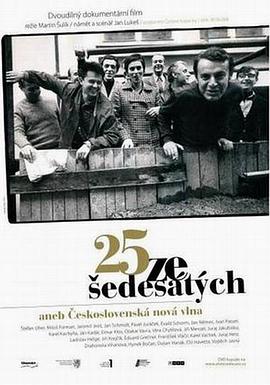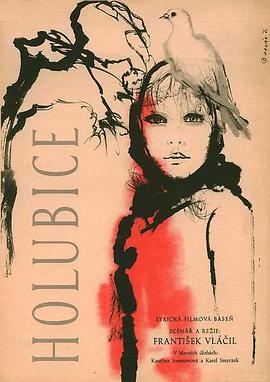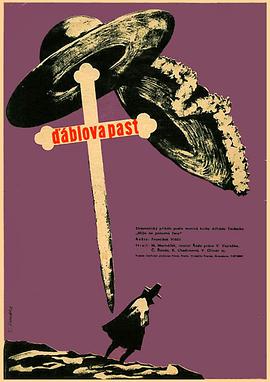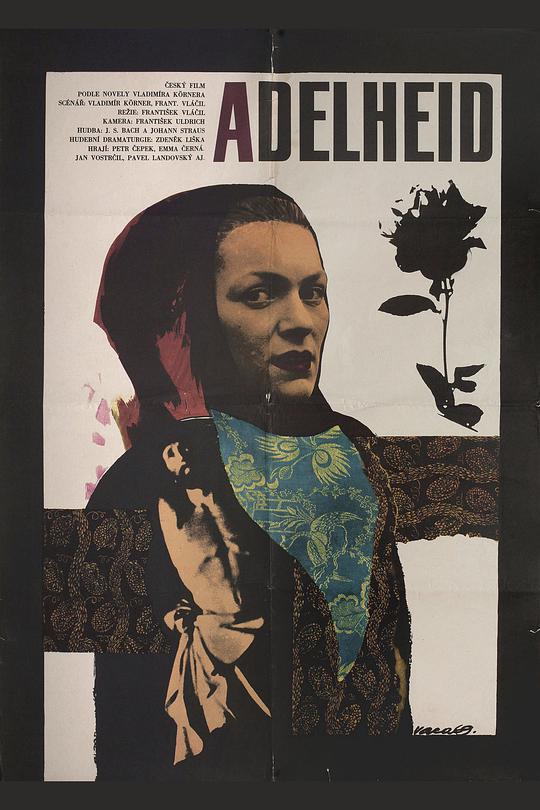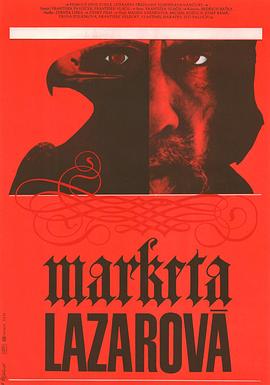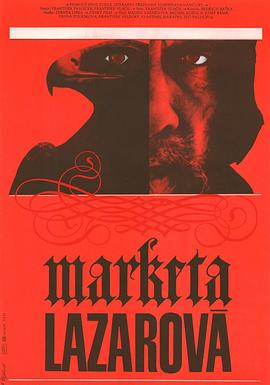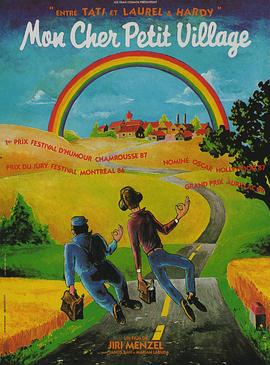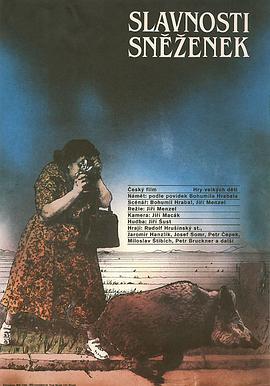法兰提塞·维拉
搜索"法兰提塞·维拉" ,找到 8部影视作品
导演:
/
马丁·舒利克
剧情:
The 2-part feature-length documentary "25 ze šedesátých aneb Československá nová vlna" ("25 from the Sixties, or Czechoslovak New Wave") presents a complex view of the phenomenon of Czech and Slovak New Wave in the cultural and social context of the 60's. 25 fundamental films commented on by their makers and film historians offer the viewer a dramatic insight into the golden era of Czechoslovak cinema. The documentary is a follow-up on the biographical TV series "Zlatá šedesátá" (Czech Television, 2009), based on the filmmakers' personal remembrances. As opposed to the series, the documentary presents the Czech and Slovak cinema of the 60's in the national, international and also inter-generational context. It describes the ways the New Wave crossed the existing artistic boundaries, how it variegated the world cinema and where it left an ineffaceable impression. It analyses the work of filmmakers in a state-funded cinema, under the pressure of ideological demands on one hand and commer我在公交车上ce on the other. It presents the dilemma of a man - an artist - on the edge between contradictory social systems and incongruous aesthetic requirements. The existential drama of a man acting freely and at the same time mercilessly crushed by the wheels of the system. The 60's are, from this point of view, mostly an era of fortunate historical constellation, not only in - at that time - Czechoslovakia, but on a world-wide scale. An era of expectations and upswing, but also an era of exemplary human decisions and artistic pursuit. Those are some of the things "25 ze šedesátých aneb Československá nová vlna" wants to commemorate. Part 1 comments on: ■"Slnko v sieti" ("The Sun in a Net," 1962) by Štefan Uher ■"Konkurs" ("Audition," 1963) by Miloš Forman ■"Křik" ("The Cry," 1963) by Jaromil Jireš ■"Postava k podpírání" ("Joseph Kilian," 1963) by Pavel Juráček & Jan Schmidt ■"Každý den odvahu" ("Courage for Every Day," 1964) by Evald Schorm ■"Démanty noci" ("Diamonds of the Night,&亚瑟2021入口amp;quot; 1964) by Jan Němec ■"Intimní osvětlení" ("Intimate Lighting," 1966) by Ivan Passer ■"Ať žije republika" ("Long Live the Republic," 1965) by Karel Kachyňa ■"Obchod na korze" ("The Shop on Main Street," 1965) by Ján Kadár & Elmar Klos ■"Romance pro křídlovku" ("Romance for Bugle," 1966) by Otakar Vávra ■"Sedmikrásky" ("Daisies," 1966) by Věra Chytilová ■"Ostře sledované vlaky" ("Closely Watched Trains," 1966) by Jiří Menzel Part 2 comments on: ■"Kristove roky" ("The Prime of Life," 1967) by Juraj Jakubisko ■"Stud" ("Shame," 1967) by Ladislav Helge ■"Svatba jako řemen" ("A Hard and Fast Marriage," 1967) by Jiří Krejčík ■"Drak sa vracia" ("Dragon's Return," 1967) by Eduard Grečner ■"Marketa Lazarová" ("Marketa Lazarová," 1967) by František Vláčil ■"Spřízněni volbou" ("Elective Affinities," 1968) by Karel Vachek ■"Spalovač mrtvol" ("The Cremator," 1968) by Juraj Herz ■"Zabitá neděle" ("Squandered Sunday," 1969) by Drahomíra Vihanová ■"Pasťák" ("The Decoy," 1968) by Hynek Bočan ■"Případ pro začínajícího kata" ("Case for a Rookie Hangman," 1969) by Pavel Juráček ■"322" ("322," 1969) by Dušan Hanák ■"Slávnosť v botanickej záhrade" ("Celebration in the Botanical Garden," 1969) by Elo Havetta ■"Všichni dobří rodáci" ("All My Good Countrymen," 1968) by Vojtěch Jasný
导演:
/
法兰提塞·维拉席
主演:
剧情:
In the time of Counter-Reformation, a miller and his son come under investigation by a priest of the Inquisition, when rumors spread that their prosperity comes from working with the Devil. The Devil's Trap is a film directed by František Vlá?il, based on a novel by Alfréd Technik, adapted by Fran索多玛的120天 快播tišek A. Dvorák and Miloš Kratochvíl. It was the first of three historical dramas that Vlá?il made during the Czech New Wave (technically he isn't really a part of the New Wave, however these films were made during the same era of artistic freedom), preceding his more well known Marketa Lazarová (1967) and Valley of the Bees (1968). Set in the late 16th Century during the Catholic Reformation, in the Moravian Karst, situated in what is now the Eastern Czech Republic, it tells the tale of a miller (Vítezslav Vejrazka), and his son Jan (Vít Olmer), who come under suspicion and are investigated by a Jesuit priest of the Inquisition (Miroslav Macháchek), when rumors of witchcraft are spread by the local regent (Cestmír Randa), who is jealous of the miller's prosperity and degree of respect among the local populace. As expected from Vlá?il, this film is a stunning experience all the way through. From the opening shot, an ominous manipulation of perspective with a close up of a mangled figure of Christ dominating the foreground against a tiny figure in black walking along the horizon, to the breathtaking confrontational finale inside the vast stalactite filled Karst caverns, it is a wonderful display of visual mastery. Maybe not quite as impressive as Marketa Lazarová, but still full of astonishing imagery. As seen from unique angles and distinct points of view which highlight the director's remarkable sense of awareness of framing, motion, and positioning on the emotional and dramatic tone of the scene. The most memorable being a repeated shot where the camera is suspended and launched with speed t多功能老婆在线观看hrough the air towards the miller's door. The story here is a simple one and I would say more accessible than his later works. With a conventional structure emphasized as much by its plot and characters, than by its expressionistic cinematography or authentic historical detail. The events play out without much surprise, and there is a strong underlying, almost supernatural, mysterious aspect that is left unresolved, in fact barely explored, which is slightly disappointing, but only because it's so fascinating that I wish there was more. Acting is great all around. Particularly the villains: Miroslav Macháchek as the priest, casting a sinister and imposing shadow wherever he goes, and Cestmír Randa as八度电影 the weasel like regent behind all the persecution. While Vít Olmer brings a charismatic leading man presence in his role as the miller's son Jan, in love with the lovely orphan girl Martina (Karla Chadimová), who becomes a dangerous object of rivalry between Jan and other young men of the village. The film also features the evocative music of Zden?k Liška (perhaps the most prolific composer of the Czech New Wave). In this his second of eleven collaborations with Vlá?il, his compositions are used sparingly, but to great effect, complimenting but never overpowering a scene. The best example of which can be heard in an amazingly shot celebration and dance sequence at the end of the second act. The Devil's Trap might not be a masterpiece, but it is still a strong effort, with a fascinating straightforward story and a glorious historical setting captured beautifully by Vlá?il's unmistakable visual prowess. A fine work that would also be the perfect starter plate to prepare yourself for the challenging feast of Marketa Lazarová or The Valley of the Bees. It even has an easy to digest running time. It's therefore puzzling why this gem remains largely overlooked and ignored.

